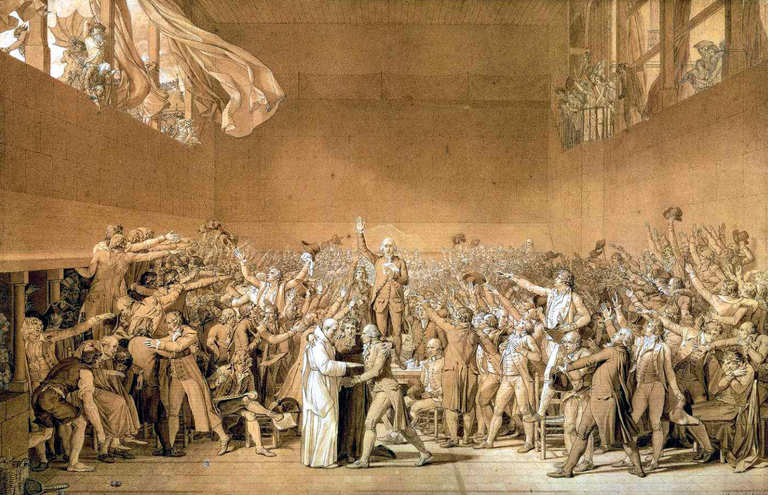
The identitarian massacre of the YouTube "sceptic community" continues to take major scalps. This time Sargon's. This was another major piece of YT history, following the fall of Kraut and Tea to Ryan Faulk and Jean-François Gariépy.
Left leaning YT personality Warski recently hosted a discussion between Sargon of Akkad and Richard Spencer. Other YT personalities of the left and right were also participating. While Styx plays a good fire-fighter, and Jean-François' assertions are poignant, Millennial Woes, Vee and that odd ball SJW should be ignored. The value here is specifically in the back and forth between Sargon and Spencer.
While I have my doubts about Spencer's possible comfort with socialism and censorship, this debate elevated his philosophical level in my view.
In this debate, which was the number 1 trending live stream on YT at the time, Sargon's well-meaning classical liberalism is revealed for the unscientific ideology it is, he was defeated roundly. And if you decide to watch the debate, I feel it right to warn you, Sargon's self-conceit and general debating style in this is nauseating. But let's look past that.
Sargon imagines a "right" to be something which exists independently. It doesn't. A right is an extension of contract (stated or implied). Ultimately a "right" is a liberty, or a privilege if you will, a permission granted by, and insured by, a cooperative with "power" (the will and ability to use force), basically a militia of some kind. Just because there is demand doesn't mean there is supply.
So when Sargon says "you're advocating might-makes-right", it's somewhat true. But not in the sense that he means it. The way he means it, is in terms of morality. This is his mysticism. That there exists an objective universal morality. That is Sargon's ideology, which he denies is an ideology, while he accuses others of being religiously ideological.
Notice how Sargon persists in skipping epistemology to try and focus the discussion on his mystic ethics. It's tempting to skip epistemology, because it is hard. And makes it harder to justify lies about morality. Further there is little point in discussing morality with someone until each side understands the others epistemology.
Individuality and Lockean property rights are great, at least for the anglo-sphere, but that's because we are able to safe guard them. Other races not so much. Even the French and Germans have great trouble with this. Which can be explained by their geography, their vulnerability on the continent -lacking an island fortress (a condition that permits a homogenous people to construct such liberties).
But if you've followed Sargon a while, it's worse. Because scratch beneath his Lockean liberalism and you will find he espouses a far worse theory of rights, specifically that conceived of by a frenchman, Rousseau. The influence may not be direct, but Sargon is known to covet the US' constitution and it's worth noting the influence of the French on America's founding. And Thomas Paine himself seems to me to have been quite 'at home' in France. In short, when Sargon says he's an "English" liberal, pass me the salt.
Locke at least invested a lot of energy on epistemology, and further, his political ideas can often, largely and reasonably, be understood to apply particularly, not universally. This is to say Locke was nowhere near the egalitarian and universalist that Sargon is. Locke was considerably governed by empiricism. Sargon not so much.
The YT sceptic community's persistence in denying "race-realism" will be their downfall. Sam Harris recently interviewed Charles Murray on human intelligence and the bell curve. Douglas Murray's "The Strange Death of Europe" has received considerable mainstream attention. These issues are not going away and the sceptic community is falling behind.
The pressure on these issues is thinly veiled by political parties and the mainstream media. There really is very little resistance at this stage. Which is interesting.
Congratulations @westcott! You received a personal award!
Click here to view your Board